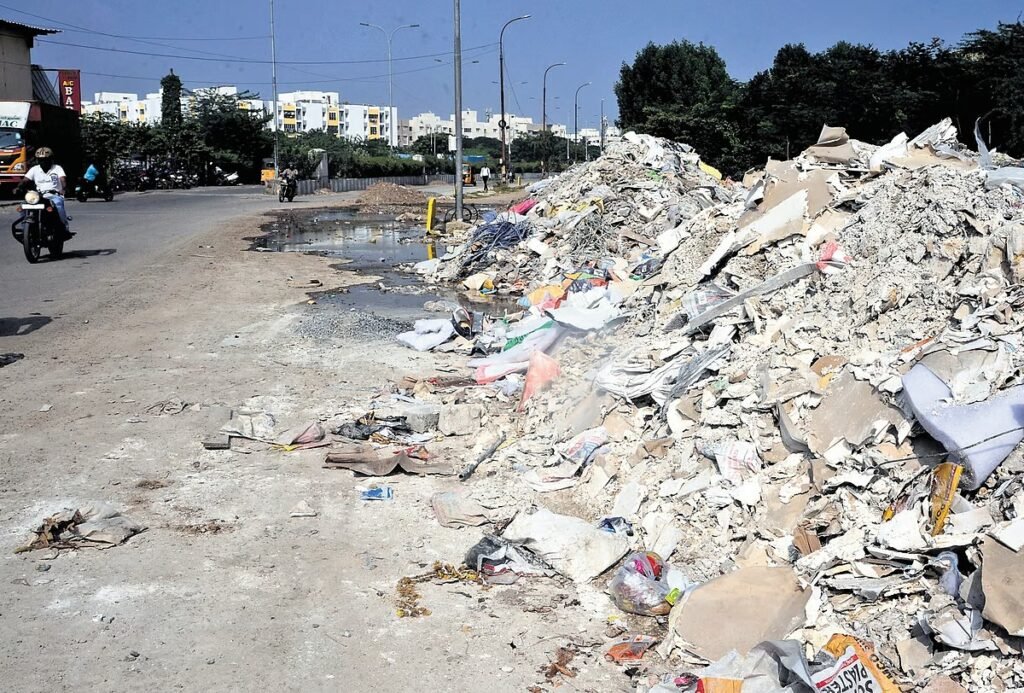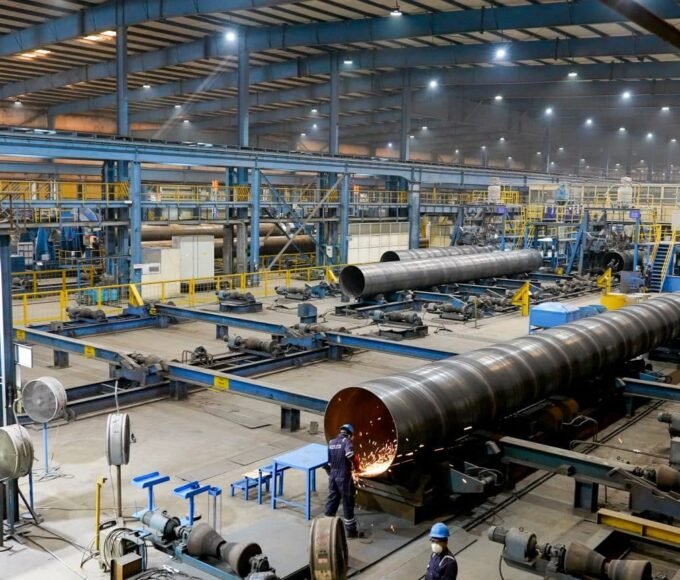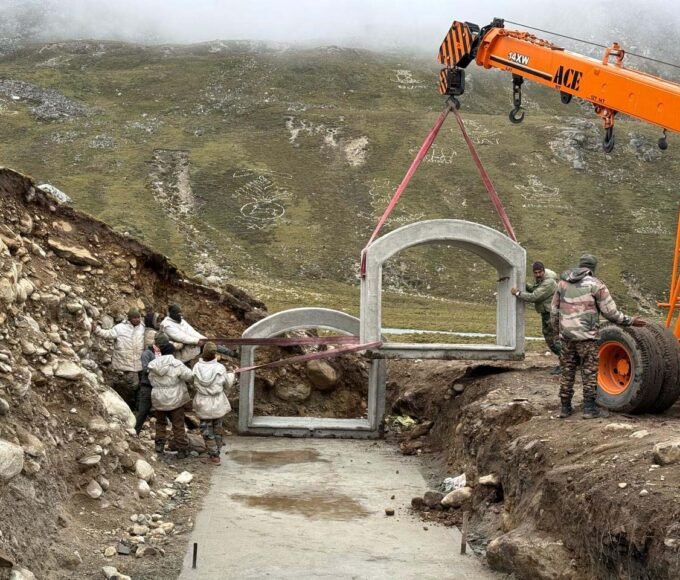Recent Posts
Centre Rolls Out New Rules for Managing Construction Waste; Producers Now Accountable

The Central Government has notified new rules on the Extended Producer Responsibility (EPR) framework in an attempt to address the growing challenge of construction and demolition (C&D) waste. The regulation aims to reduce environmental damage caused by uncontrolled dumping and unlawful management by estimating that between 150 and 500 million tonnes of construction and demolition waste are generated in India every year.
The new rules issued by the Ministry of Environment last week also make registration on a centralized portal mandatory for producers, recyclers and waste facility operators. Collected waste and recycled material will be tracked by the system and time-bound targets for processing and recycling will be ensured.
Currently, cities including the National Capital Region (NCR) produce more than 6,300 tonnes of construction and demolition (C&D) rubbish each day, 78% of which is treated. Most other regions, however, do not have such capacities or tracking systems.
The new EPR regime requires all registered producers to achieve mandatory recycling targets. If they fail to comply, they will be slapped with environmental compensation fines, calculated by state or central pollution control bodies. These fines are calculated based on the extent of environmental harm such as air and water pollution.
Importantly, paying the fine does not absolve a producer from fulfilling their obligations. Targets already unrealized in any year will carry forward for a maximum of three years.
The rules will not apply to waste from defense and atomic energy projects, or waste resulting from natural disasters.
To facilitate material reusability, guidelines leveraging construction and demolition (C&D) waste in road infrastructure will be issued by the Bureau of Indian Standards (BIS) and the Indian Road Congress (IRC).
Money generated through environmental compensation would be deposited in a ring-fenced account by the Central Pollution Control Board (CPCB) and used only for legacy and uncollected waste management.
The urban development authorities and the municipalities of the states and Union Territories will have to implement waste policies, establish collection and recycling sites, and ensure appropriate uses of processed waste — one year from the date of notification.
This is an important step towards improving India’s construction waste management and making producers themselves responsible for sustainability.
- BIS and IRC guidelines
- Buildwatchnews
- C&D recycling targets
- C&D waste rules 2025
- construction debris policy
- construction sector sustainability
- construction waste management
- construction waste recycling
- CPCB rules
- demolition waste India
- environment protection India
- environmental policy India
- EPR framework India
- extended producer responsibility
- government waste regulation India
- green construction India
- Indian construction laws
- infrastructure waste rules
- Ministry of Environment India
- NCR waste recycling
- new waste rules India 2025
- pollution control India
- road construction with recycled material
- sustainable infrastructure India
- urban waste policy India
- waste management news
Recent Posts
Categories
- Acquisition1
- Airport16
- AP105
- Apartments127
- Bengaluru219
- Budget 202521
- Cement166
- Chennai438
- Construction915
- Construction Material Price Updates1
- Corporation4
- CREDAI61
- Editors Pick43
- Equipment45
- Events11
- Export25
- GST17
- Highways118
- Hotel16
- Housing208
- Hyderabad97
- import26
- India127
- Industrial389
- Infrastructure623
- Interiors29
- Iron Ore60
- Karnataka93
- Kerala57
- Labour1
- Land151
- Logistics41
- Market Updates408
- Metal101
- Metro109
- Mining78
- MSME21
- News1,884
- NHAI96
- Office Space3
- Paints39
- Port2
- Power Shutdown1
- Properties114
- Puducherry12
- Railways8
- Real Estate767
- Road222
- Sand38
- Short News117
- SIPCOT16
- Steel Daily430
- Stocks38
- Tamil Nadu460
- Technology83
- Telangana99
- TIDCO10
- Trade56
- Trending News1,114
- Video2
- warehouse44
Related Articles
Urban Vault Strengthens Enterprise Portfolio with Major Japanese Clients through New Bengaluru Expansion
Urban Vault has expanded its enterprise footprint in Bengaluru by securing 21,000...
BySamrita JosephDecember 9, 2025EPIC Secures Major ₹1,165 Crore Steel Pipe Order as Welspun Corp Reports Strong Q2 Performance
Welspun Corp’s associate company EPIC has secured a ₹1,165 crore steel pipe...
BySamrita JosephDecember 8, 2025Indian Army Introduces Advanced On-Site 3D Concrete Printing in Sikkim to Speed Up Defence Infrastructure
The Indian Army, with IIT Hyderabad, has deployed on-site 3D concrete printing...
BySamrita JosephDecember 8, 2025TIDEL Park Construction in Tiruchi Moves Forward with Steady Progress and Expanded Infrastructure Vision
The ₹403 crore TIDEL Park coming up in Panjapur, Tiruchi, is progressing...
BySamrita JosephDecember 8, 2025















Leave a comment